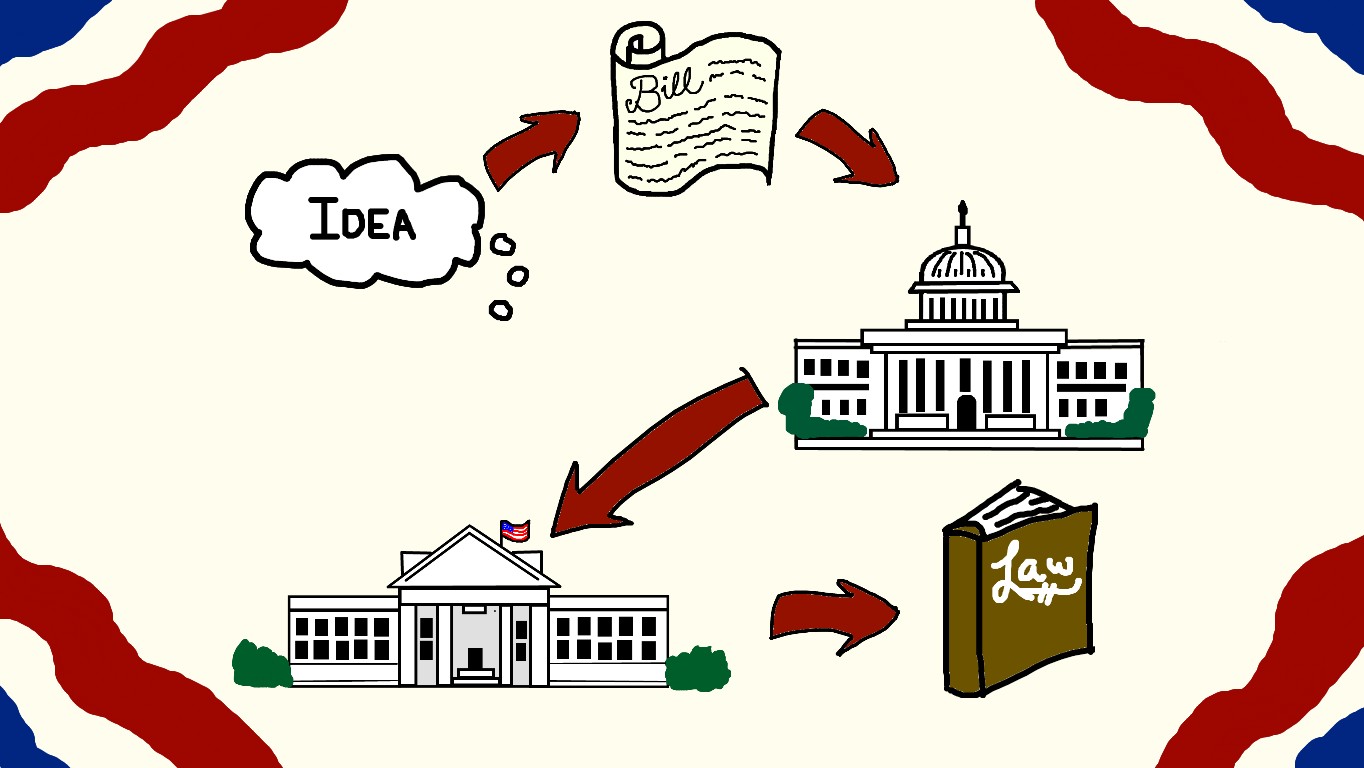
Neonicotinoids, A harmful pesticide is used all over the world. The pesticide covers plants and gets onto the bodies and wings of bees when they try to pollinate. When it coats their bodies they are unable to produce queen bees and interfere with bees' ability to navigate back to their colony. These issues can cause bee colonies to diminish and reduce overall pollination to crops, which could cause food shortages in the future. If bees keep dying at this rate it could have a negative impact on our food supply. Bees play a big role in pollinating crops.
Crops that Neonicotinoids are used on:
Here in Michigan, we grow apples, cherries, sugar beets, corn, and many other crops that use these pesticides. Without our bee population, it is hard for the ecosystem to thrive. This decrease in bees and beehives could lead to food and ecosystem problems that need to be solved.
What government action can be taken to address the issue?
What can the people do to address the issue?

House Bill NO. 4895:
Problems with Bill:
Now how could there be an alternative perspective on saving the bees? Who wouldn't want to save the bees right? Well yes and no, in a study that took place in Europe they passed a similar law with the same end goal of trying to increase the bee population. But people forget that there are two sides to every issue, the people who benefit and the people who do not. And "saving the bees" could end with killing our farmers. No of course not actually killing the farmers but killing their careers as one. Here are a few examples of what happened when Europe passed a bill to implement regulation on products that were linked to killing bees. And to keep in mind € 120 million is about 139 million in U.S dollars.
Note: This is only from banning THREE neonicotinoids, imagine if the U.S banned them all!

Stakeholders involved in banning of Neonicotinoid pesticides:
This is the petition we have made to pass House Bill No. 4895. By signing this petition you will have the chance to help bees, future generations of bees and humans, and even yourself.
